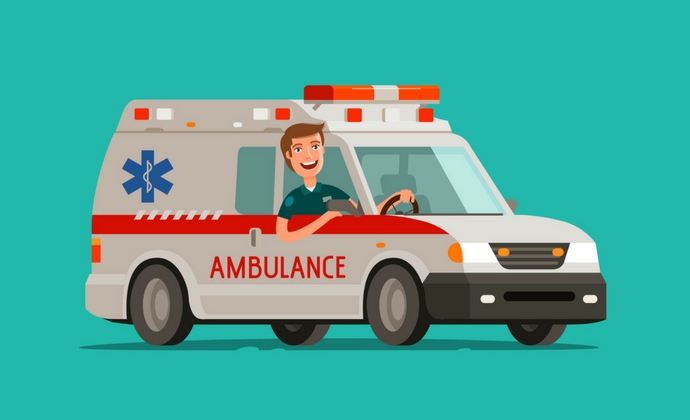Streamlined Medical Transportation: Making Medical Care Accessible for All
Streamlined Medical Transportation: Making Medical Care Accessible for All
Blog Article
Budget Friendly and Accessible Medical Transport Options for each Circumstance
In the realm of medical care, the ability to gain access to medical solutions is critical, yet the obstacle of inexpensive and accessible transportation can typically prevent people from obtaining essential treatment. By checking out specific clinical transportation services, neighborhood transportation programs, ride-sharing and taxi services, non-emergency medical transport, as well as public transit and paratransit choices, individuals can find opportunities that cater to their certain needs and ensure they get the treatment they need.
Specialized Medical Transport Services
Specialized clinical transportation services play a vital role in making certain risk-free and effective transport for people requiring specialized care throughout transportation. These solutions deal with individuals with distinct clinical needs, such as those needing continuous surveillance, specialized devices, or clinical interventions during transport. By using particularly complete cars and skilled medical workers, specialized medical transportation solutions guarantee that clients get the essential treatment while being transferred in between healthcare centers, homes, or other areas.
One key facet of specialized clinical transport services is the emphasis on patient comfort and safety and security. Medical transportation groups are trained to manage numerous medical conditions and emergency situations that might develop throughout transit, offering a greater degree of care than conventional transportation options. In addition, these services commonly offer door-to-door help, decreasing the anxiety and discomfort that patients may experience during transfers.
Neighborhood Transport Programs
Having resolved the essential function of customized clinical transportation services in making sure risk-free and effective transportation for individuals with one-of-a-kind clinical demands, the focus currently moves to taking a look at Area Transportation Programs - medical transportation. These programs play an important role in offering budget-friendly and easily accessible transportation services for the general population, including senior citizens, people with handicaps, and low-income family members who may deal with challenges in accessing conventional transportation alternatives
Area Transportation Programs incorporate a variety of services such as fixed-route buses, paratransit services, volunteer vehicle driver programs, and ridesharing initiatives. These programs are frequently funded by city governments, non-profit companies, or exclusive business to make certain that individuals have trusted transportation alternatives to get to medical consultations, food store, social tasks, and other crucial destinations.
Ride-Sharing and Taxi Solutions

Among the essential benefits of ride-sharing and taxi solutions is their availability. These solutions operate 24/7, allowing people to travel to clinical appointments, drug stores, or healthcare facilities at any moment of the day. Additionally, ride-sharing and taxi services accommodate individuals with movement difficulties by offering wheelchair-accessible cars upon demand.
Moreover, ride-sharing and taxi solutions can be specifically useful for people living in locations with minimal mass transit choices. By bridging the void between home and healthcare centers, these solutions play a vital role in guaranteeing that every person has access to necessary clinical services.
Non-Emergency Medical Transportation

Non-Emergency Medical Transport carriers normally use experienced personnel that are experienced in helping individuals with differing medical needs. By offering door-to-door solution, Non-Emergency Medical Transport improves the total accessibility of health care for people that may otherwise battle to attend vital clinical consultations.
Public Transit and Paratransit Options
Public transit and sites paratransit choices supply important transportation services for individuals with differing mobility needs, making sure access to crucial destinations such as medical centers and appointments. Public transit systems, consisting of buses, trains, and metros, offer an affordable and extensively readily available setting of transport for people seeking to reach medical visits. These solutions are specifically useful for those that might not have accessibility to exclusive cars or need help due to flexibility difficulties.
Paratransit services cater particularly to individuals with disabilities who are unable to utilize standard public transport. These solutions offer door-to-door transportation, suiting people with mobility devices, pedestrians, or various other wheelchair aids. Paratransit automobiles are geared up with features such as mobility device ramps and securement systems to guarantee the secure and comfortable transport of travelers with varying flexibility demands.

Conclusion

Report this page